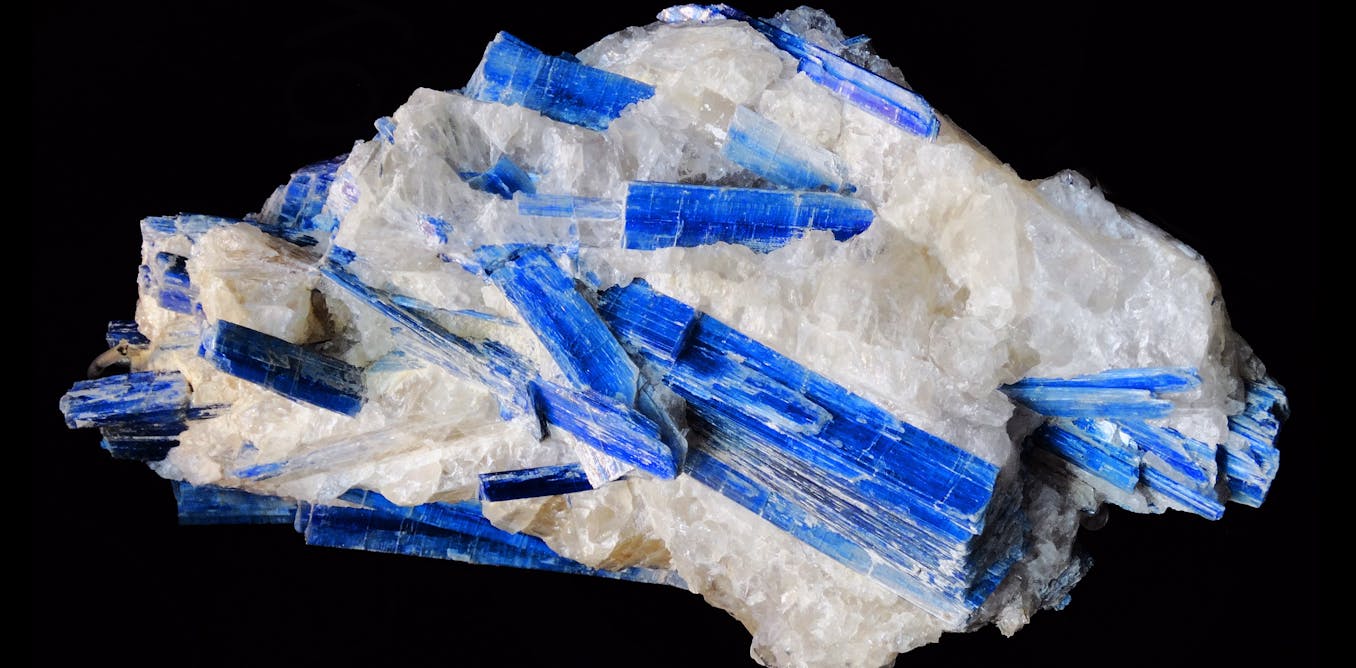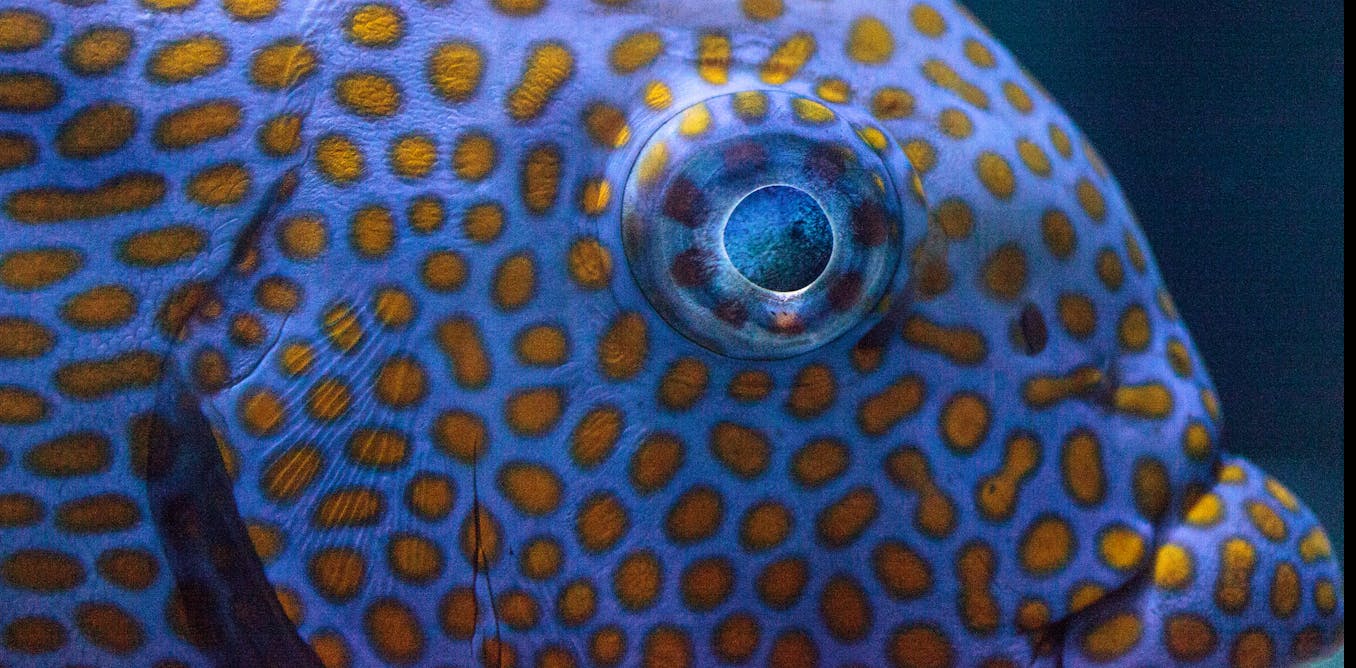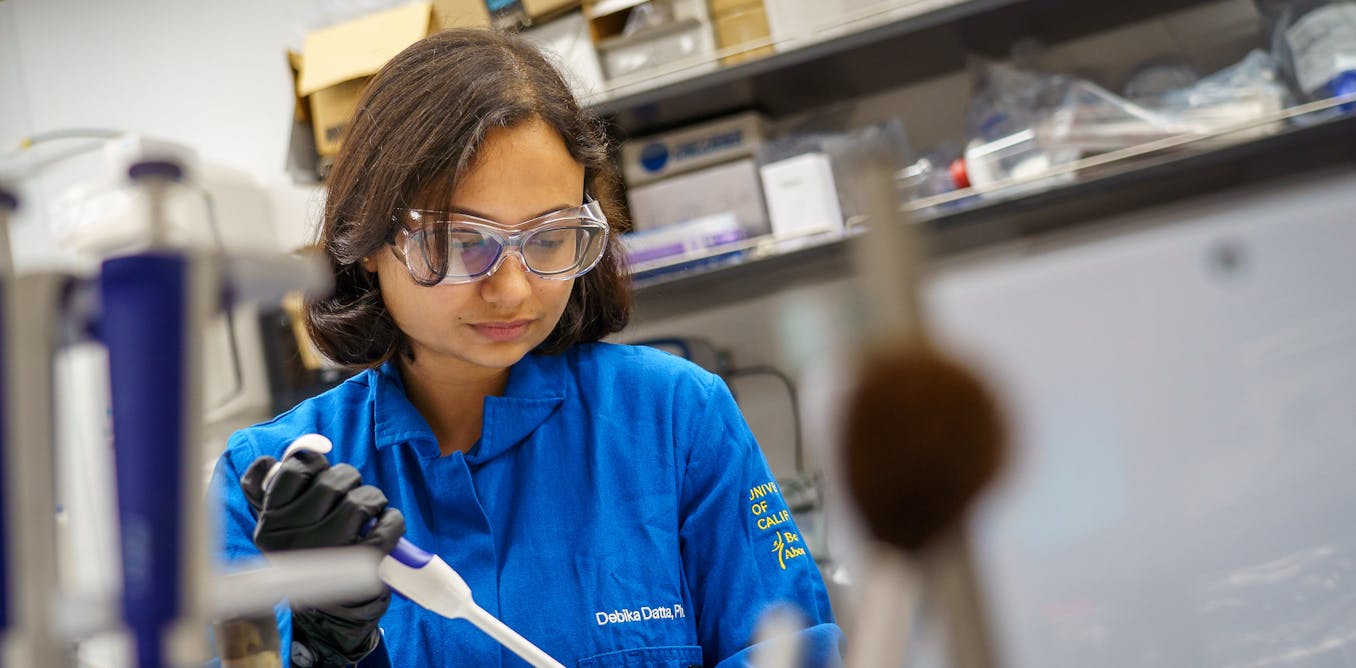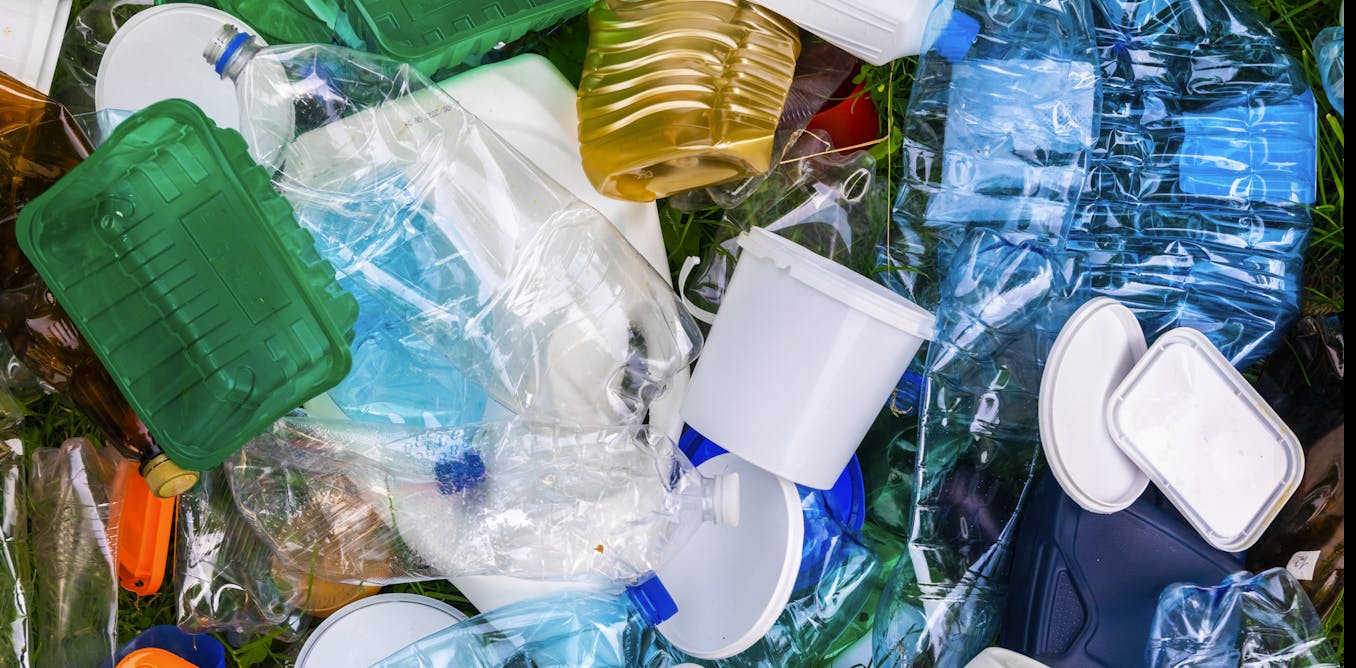Thanksgiving sides are delicious and can be nutritious − here's the biochemistry of how to maximize the benefits
The turkey doesn’t have to be the star this Thanksgiving. Vegetable side dishes are packed with nutrients − depending on how you prepare them, they can help keep you energized this holiday season.
Nov. 17, 2023 • ~8 min
Flame retardant chemicals can cause serious health risks – and they only slow fire by a few seconds
Flame retardants were developed to prevent house fires and help save lives. But they come with some serious health risks.
Nov. 15, 2023 • ~7 min
How animals get their skin patterns is a matter of physics – new research clarifying how could improve medical diagnostics and synthetic materials
Understanding how the intricate spots and stripes, or Turing patterns, of many animals form can help scientists mimic those processes in the lab.
Nov. 8, 2023 • ~8 min
Engineered 'living materials' could help clean up water pollution one day
‘Living materials’ made with genetically engineered bacteria and Jell-O-like gel could make pollutants in water bodies nontoxic.
Nov. 7, 2023 • ~6 min
Asteroids in the solar system could contain undiscovered, superheavy elements
Scientists have been searching Earth’s surface for superheavy elements too difficult to make in the lab, but now, many are looking to the skies instead.
Oct. 27, 2023 • ~8 min
A layered lake is a little like Earth’s early oceans − and lets researchers explore how oxygen built up in our atmosphere billions of years ago
An unusual lake with distinct layers of low-oxygen and high-iron water lets researchers investigate conditions like those in the early Earth’s oceans.
Oct. 23, 2023 • ~11 min
Quantum dots − a new Nobel laureate describes the development of these nanoparticles from basic research to industry application
Louis Brus explains some of the foundational research – and how even the letter carrier wants to shake your hand when you’ve just won a Nobel Prize.
Oct. 20, 2023 • ~10 min
New class of recyclable polymer materials could one day help reduce single-use plastic waste
A team of scientists has developed a method for creating a new class of plastic materials that are potentially more recyclable than single-use plastics.
Oct. 19, 2023 • ~7 min
/
13







